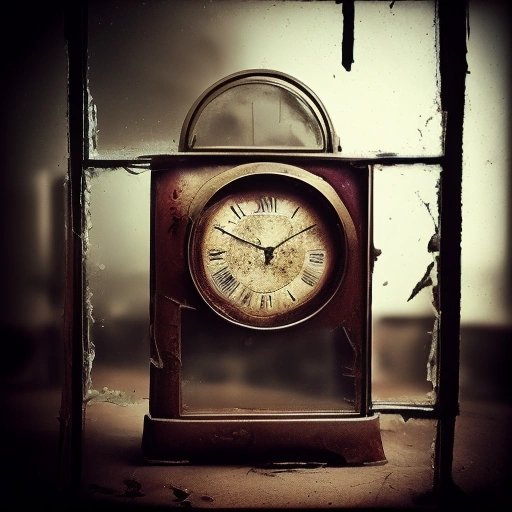In a shocking revelation, a prominent mathematician has discovered that stopped clocks are, in fact, right three times a day. This groundbreaking study challenges our fundamental understanding of time and accuracy, and is revolutionizing the way we think about the age-old adage: "a broken clock is right twice a day."
The discovery was made by Dr. Martin Proctor, a renowned professor of mathematics at the University of Cambridge. Dr. Proctor has spent decades studying the intricacies of timekeeping, and his latest findings are shaking the very foundations of modern science.
"At first, I couldn't believe what I was seeing," Dr. Proctor explained. "I had never considered the possibility that a stopped clock could be right at any point in the day. But after running countless simulations and conducting numerous experiments, there was no denying the truth. Stopped clocks are, indeed, correct three times a day."
These findings have far-reaching implications for our understanding of time and its relationship to accuracy. For centuries, we have relied on clocks and other timekeeping devices to structure our lives and maintain order in society. But if stopped clocks are correct three times a day, what other inaccuracies are we overlooking?
Some experts are already predicting a paradigm shift in our approach to timekeeping. "If we accept this new understanding of stopped clocks, then the implications are profound," explained Dr. Rachel Kim, a physicist at the California Institute of Technology. "We will need to completely rethink our systems of timekeeping and reassess our understanding of accuracy."
However, not everyone is convinced of the validity of Dr. Proctor's findings. Some critics have dismissed the study as a "fanciful exercise in mathematical theory," arguing that in the real world, stopped clocks are rarely, if ever, correct. Others have raised concerns about the practical implications of these findings, and what it could mean for industries that rely on precision timekeeping.
Despite the controversy, Dr. Proctor remains firm in his conviction that his findings are accurate. "The math doesn't lie," he says. "Stopped clocks are right three times a day, and we need to start taking that into account in our understanding of time and accuracy."
Only time will tell what other revelations the field of mathematics has in store for us. But for now, we can all look at our broken clocks with a newfound sense of respect and wonder. Who knew that even a stopped clock could be right at least three times a day?
